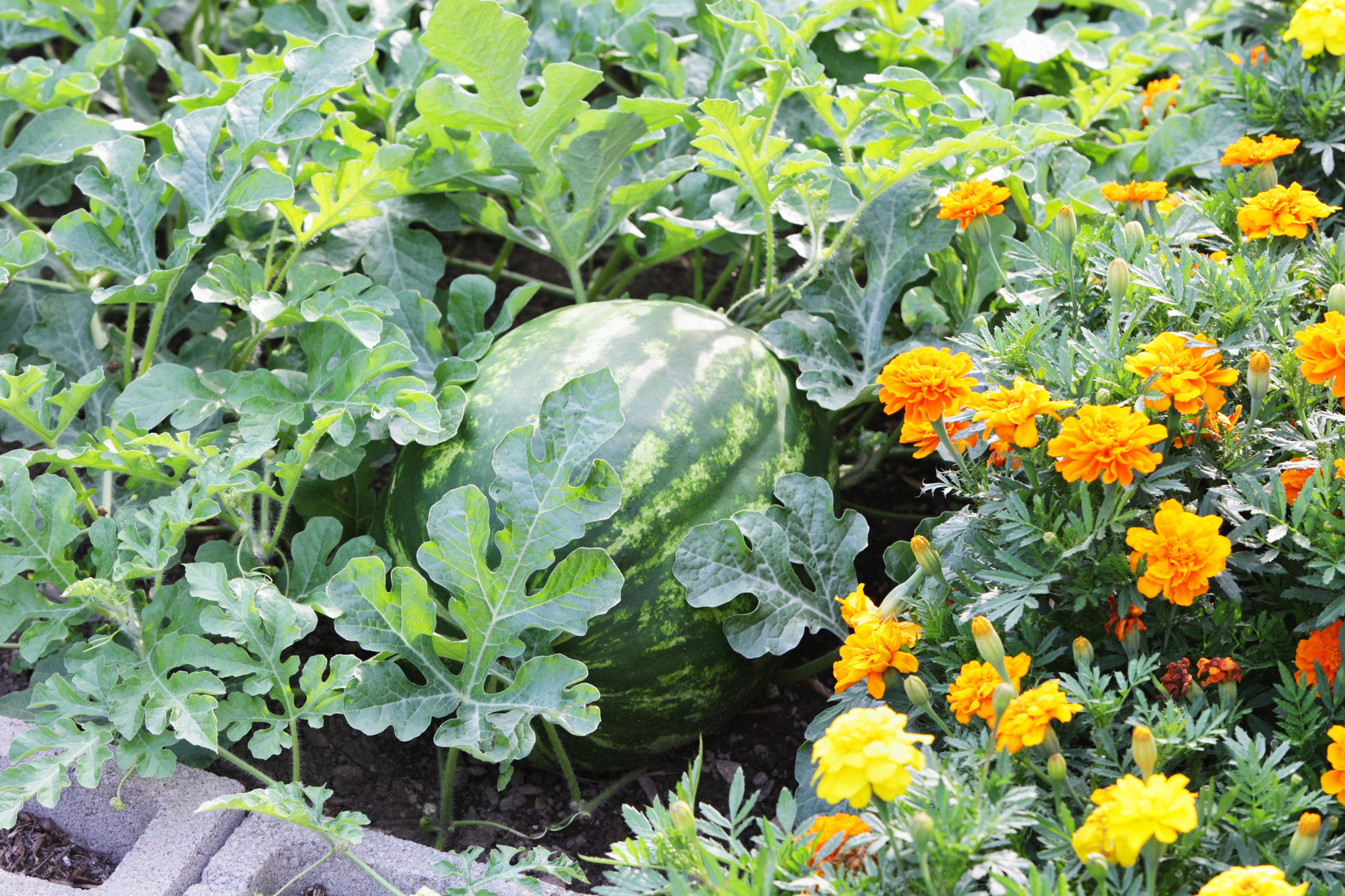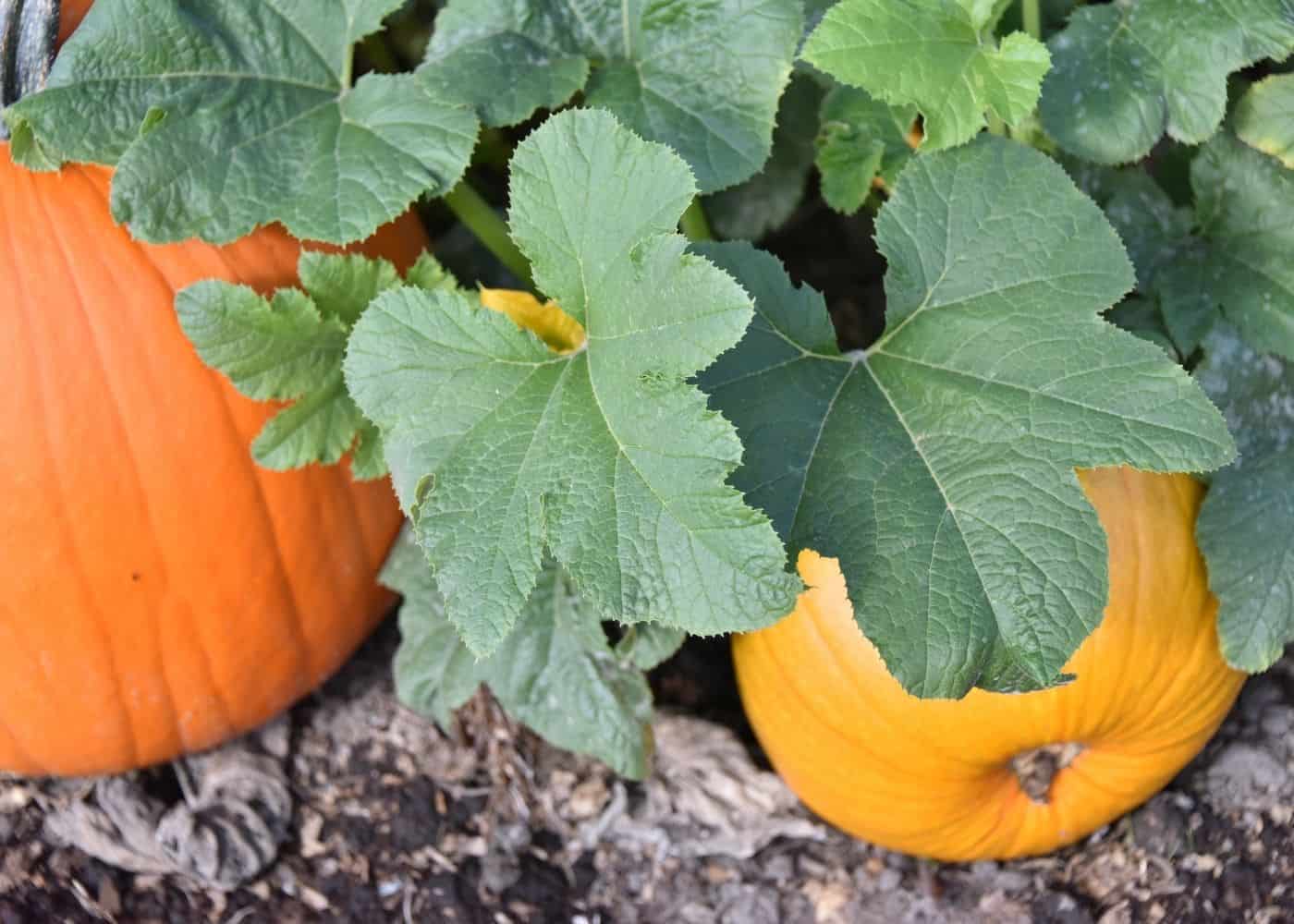Best Companion Plants For Melons
Best Companion Plants for Melons
Growing melons in your garden can be a rewarding experience, but it's important to choose the right companion plants. Some plants can help to improve the growth and health of your melons, while others can attract pests or diseases.
In this blog post, we will discuss the best companion plants for melons. We will also cover some of the benefits of companion planting and how to choose the right plants for your garden.
What is Companion Planting?
Companion planting is the practice of planting different types of plants together in order to benefit each other. Some plants can help to attract beneficial insects, while others can help to repel pests. Some plants can also help to improve the soil quality or provide shade.
There are many different benefits to companion planting. Some of the most common benefits include:
- Increased crop yields
- Improved plant health
- Reduced pest and disease problems
- Increased soil fertility
- Enhanced pollination
- Improved aesthetics
Benefits of Companion Planting Melons
Melons are a relatively easy crop to grow, but they can be susceptible to pests and diseases. Companion planting can help to reduce these problems and improve the overall health and productivity of your melon plants.
Some of the best companion plants for melons include:
- Beans: Beans are nitrogen-fixing plants, which means they can help to improve the nitrogen content of the soil. This can benefit melons, which are heavy feeders.
- Carrots: Carrots can help to repel nematodes, which are microscopic pests that can damage melon roots.
- Cabbage: Cabbage can help to repel cabbage loopers, which are a common pest of melons.
- Celery: Celery can help to attract beneficial insects, such as ladybugs and lacewings, which can help to control pests.
- Chives: Chives can help to repel aphids, which are another common pest of melons.
- Cucumbers: Cucumbers can help to attract pollinators, such as bees and butterflies, which are essential for fruit production.
- Lettuce: Lettuce can help to suppress weeds and provide shade for young melon plants.
- Melons: Melons can be companion planted with other melons, such as cantaloupes and honeydews. This can help to improve pollination and increase yields.
- Marigolds: Marigolds can help to repel nematodes, aphids, and other pests. They can also help to improve the drainage of the soil.
- Nasturtiums: Nasturtiums can help to repel aphids, whiteflies, and other pests. They can also help to attract pollinators.
- Onions: Onions can help to repel thrips, which are a common pest of melons.
- Peas: Peas are nitrogen-fixing plants, like beans, and can help to improve the nitrogen content of the soil.
- Potatoes: Potatoes can help to attract beneficial insects, such as ladybugs and lacewings, which can help to control pests.
- Spinach: Spinach can help to suppress weeds and provide shade for young melon plants.
- Sunflowers: Sunflowers can help to attract pollinators and provide shade for young melon plants.
How to Choose Companion Plants for Melons
When choosing companion plants for melons, it is important to consider the following factors:
- The size of the plants: Melon plants can grow quite large, so it is important to choose companion plants that will not shade them out.
- The needs of the plants: Melons are heavy feeders, so it is important to choose companion plants that will not compete with them for nutrients.
- The pests and diseases that affect the plants: Choose companion plants that can help to repel or control pests and diseases that affect melons.
- The aesthetics of the garden: If you are concerned about the aesthetics of your garden, you may want to choose companion plants that complement the appearance of your melon plants.
Conclusion
Companion planting is a great way to improve the health and productivity of your melon plants. By choosing the right companion plants, you can help to reduce pest and disease problems, improve pollination, and boost yields.
If you are new to companion planting, it may be helpful to consult a gardening expert or do some research online. There are many resources available that can help you learn more about companion planting and how to choose the right plants for your garden.
Melon plants are a great addition to any garden, but they can be susceptible to pests and diseases. Companion planting is a great way to help protect your melon plants and improve their yields.
Some of the best companion plants for melons include:
- Beans: Beans fix nitrogen in the soil, which can help to improve the health of your melon plants.
- Carrots: Carrots help to repel pests like nematodes, which can damage melon roots.
- Cabbage: Cabbage helps to deter pests like cabbage loopers and flea beetles.
- Garlic: Garlic has strong insecticidal properties that can help to repel pests like aphids and spider mites.
- Lettuce: Lettuce helps to suppress weeds and can also attract pollinators, which are essential for melon pollination.
If you're looking for more information about companion planting for melons, I recommend visiting Gardenia Inspiration. This website has a wealth of information on the topic, including a list of companion plants, tips for planting and caring for melons, and information on how to identify and control pests and diseases.
Image of companion plant melon
Here are 5 different images of companion plants for melons from Pinterest:
- Marigolds repel pests such as cucumber beetles, which can damage melons.

- Nasturtiums attract pollinators such as bees and butterflies, which help to pollinate melon flowers.

- Cabbage helps to suppress the growth of melon root rot.
- Pumpkins and melons can be planted together because they have similar growing requirements.

- Lettuce helps to suppress the growth of weeds, which can compete with melons for water and nutrients.
Post a Comment for " Best Companion Plants For Melons"